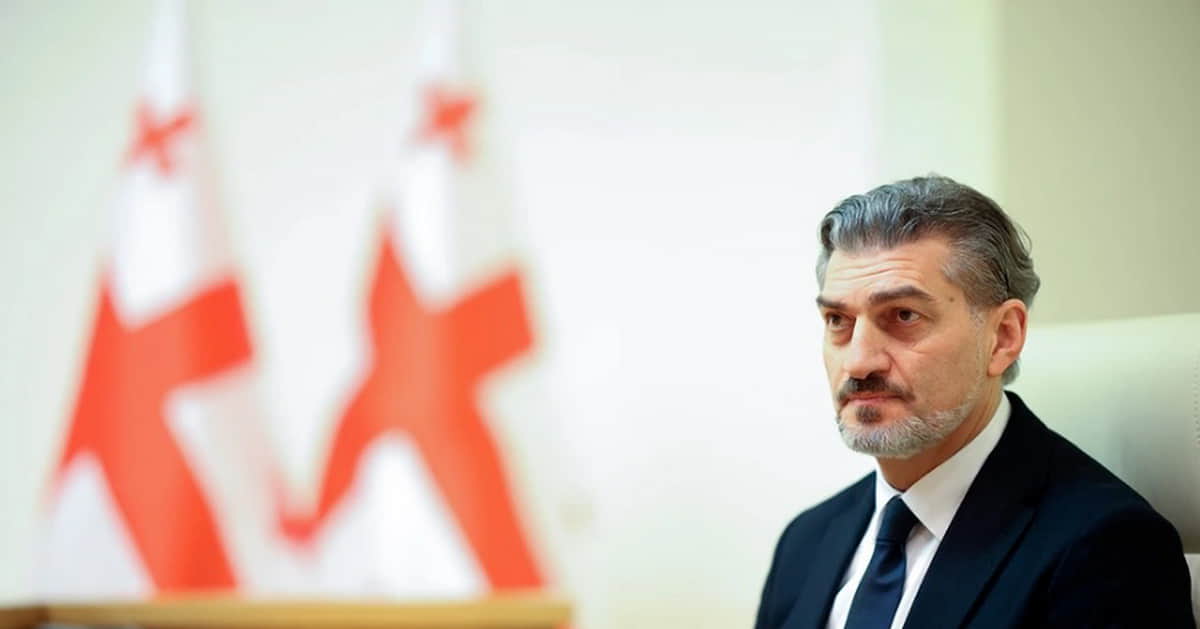What is known about Georgia's anti-Western “president” and how his appointment deepens the crisis

On 14 December, the Georgian authorities escalated the country's political conflict by holding "presidential elections." Neither the Georgian opposition nor the current president, Salome Zourabichvili, recognise the legitimacy of these elections. The inauguration of Mikheil Kavelashvili is set to be held on 29 December.
This practically implies the forcible removal of President Zourabichvili within the next two weeks. Read more about Georgia's deepening political crisis on the article by Yurii Panchenko, a European Pravda editor - Georgia on the brink of dual leadership: consequences of electing a new 'president.'" Advertisement:
Since 2024, Georgia's constitution mandates that the president is no longer elected directly by citizens but by a special electoral college of 300 delegates. Half of the delegates are MPs, and after the 26 October parliamentary elections, the ruling Georgian Dream party has secured a majority. Other delegates include members of the Adjarian Autonomous Republic Parliament and the Parliament of Abkhazia (in exile since 1991).
While not all delegates supported the Georgian Dream's candidate, Mikheil Kavelashvili, the party still commanded over 200 delegates, ensuring his election. Kavelashvili, a former football player, who retired in 2006 and obtained a coaching license. According to Georgian media, he unsuccessfully attempted to run for president of the Georgian Football Federation but was disqualified for lacking a university degree.
Kavelashvili served two terms as a member of parliament, earning a reputation for criticising the West and accusing it of undermining Georgia's traditional values. So his win in the 14 December presidential election was clearly Pyrrhic. The Georgian opposition argues that an illegitimate parliament cannot elect a legitimate president.
Salome Zourabichvili announced in advance that she would not step down or recognise her successor. Zourabichvili proposed a resolution to the crisis: dissolve the parliament, hold new parliamentary elections, and then elect a new president. Georgian Dream, unsurprisingly, rejected this proposal.
The ruling party's refusal to compromise with protesters was predictable, but the symbolic election of a new president under conditions of widespread rejection of parliament's legitimacy further inflamed tensions. The last Western effort to deter this escalation was a phone call between French President Emmanuel Macron and Bidzina Ivanishvili, the de facto decision-maker in Georgia. The call failed to yield results.
With the inauguration of Kavelashvili scheduled for 29 December, political tensions will likely peak, as the authorities will have to address the issue of Zourabichvili. International recognition - or lack thereof - of the new "president" could also influence the situation. While there are calls within the EU to reject Kavelashvili's legitimacy, Hungary is likely to block any formal actions against the Georgian authorities.
National governments, however, could independently refuse recognition.
If you notice an error, select the required text and press Ctrl + Enter to report it to the editors.